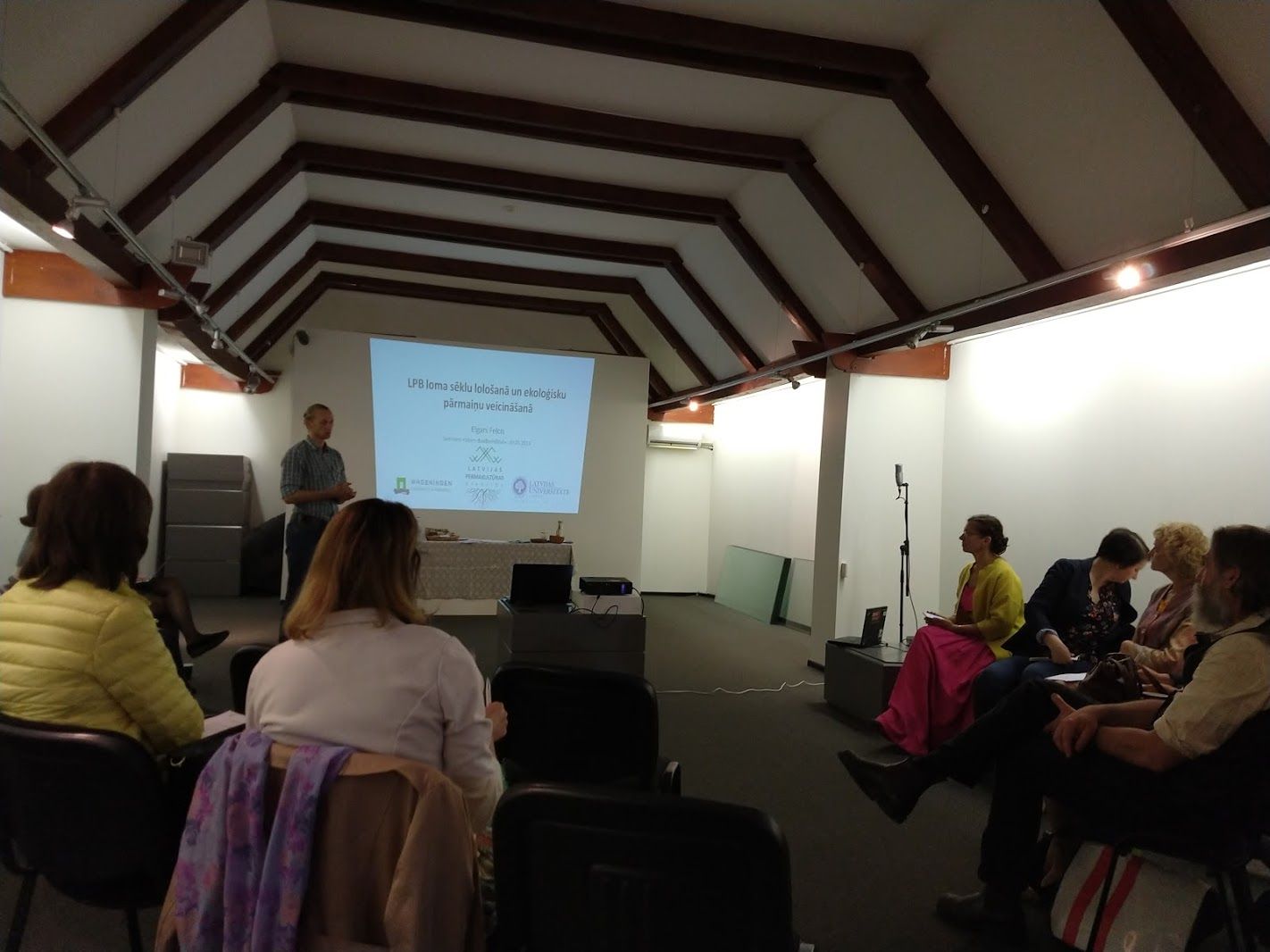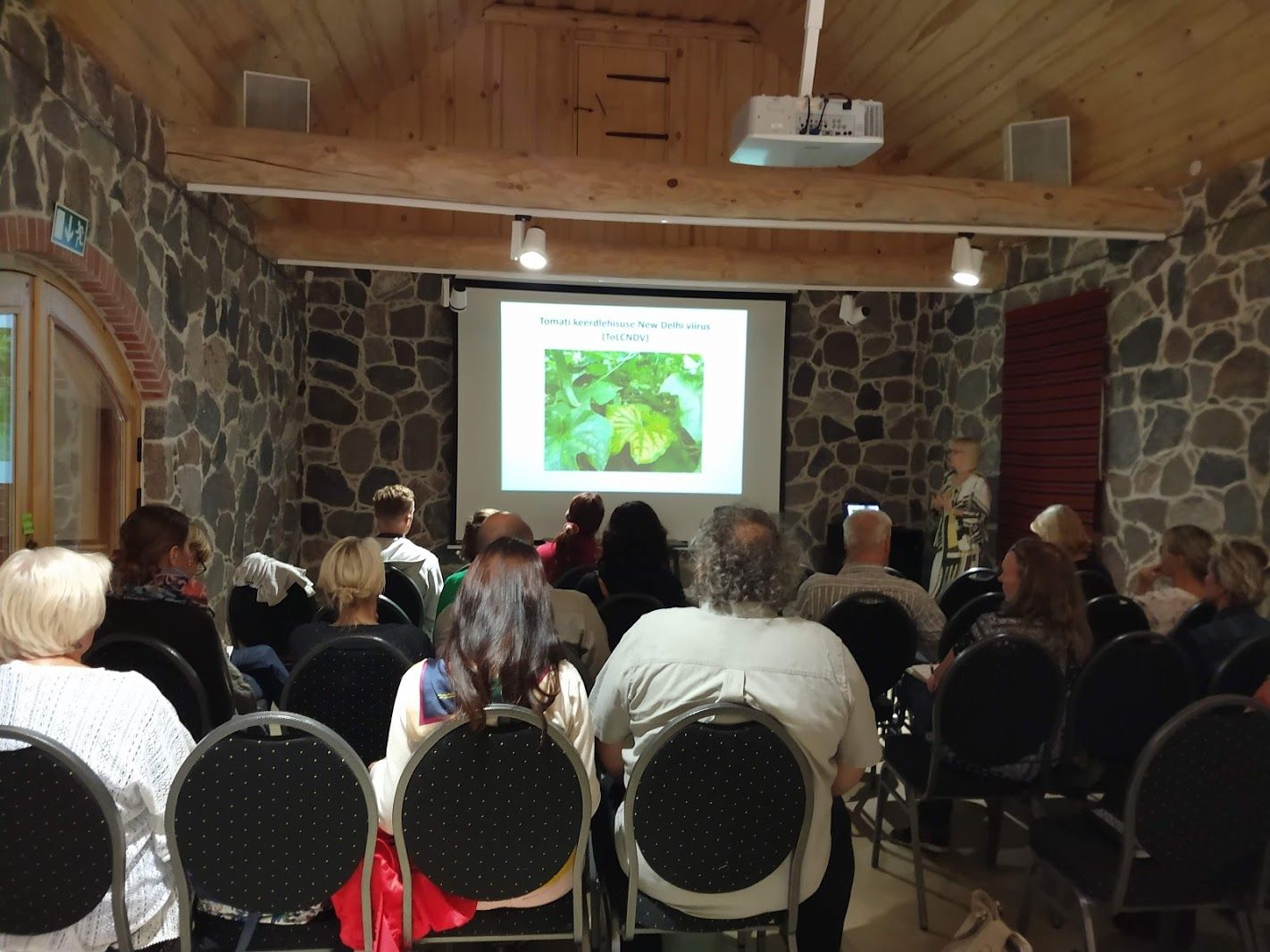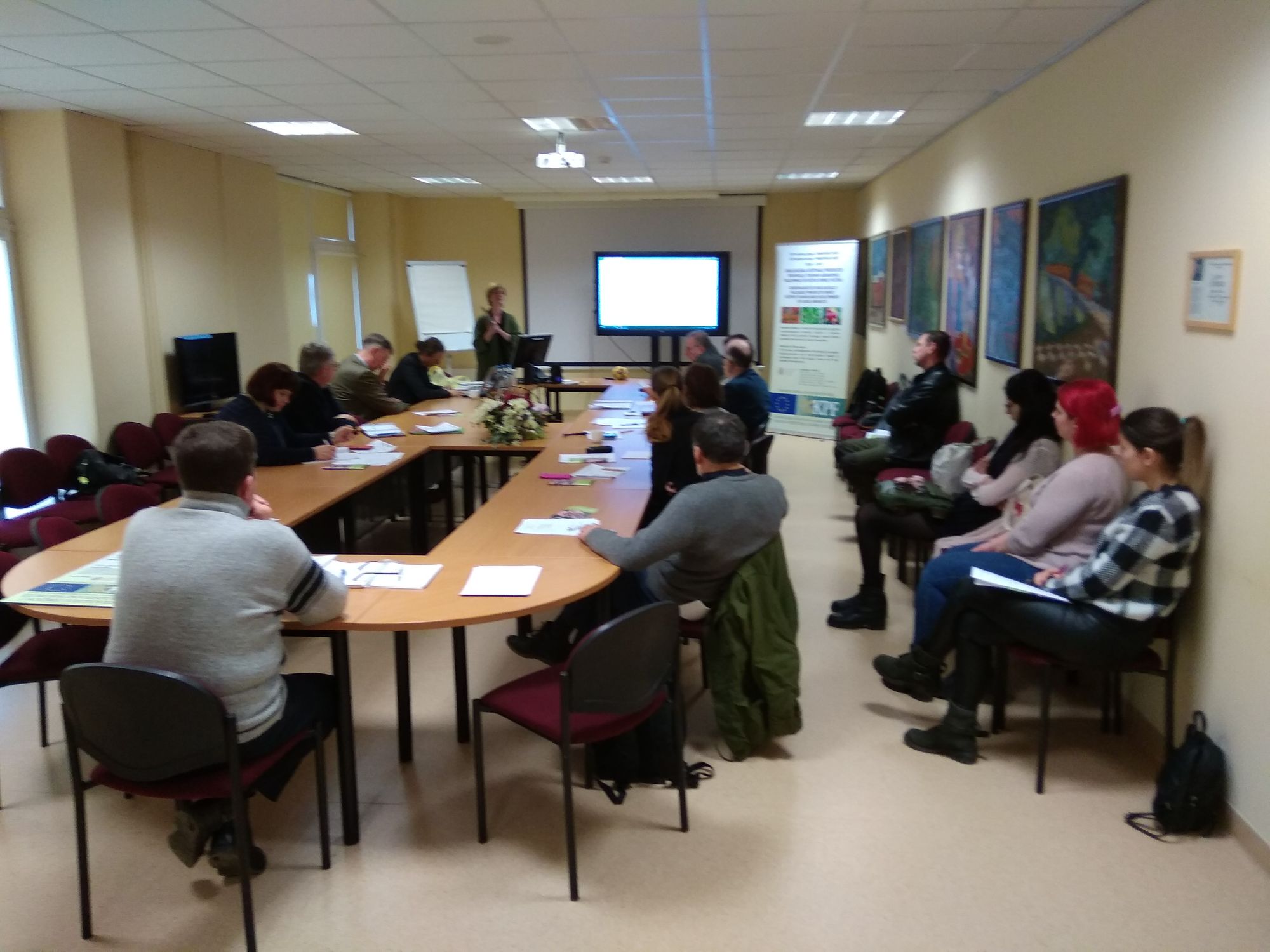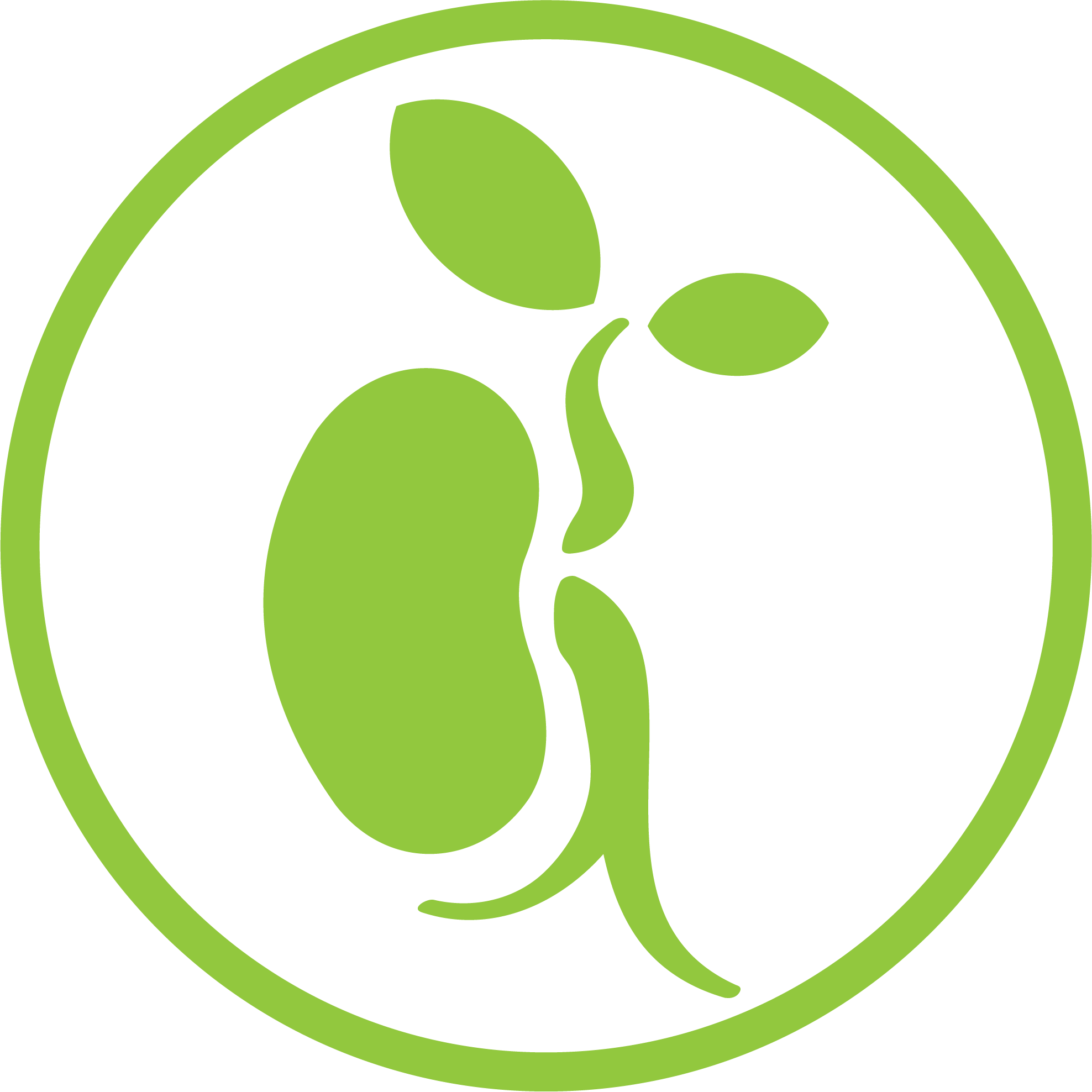Heritage crops and seed legislation
‘Growing Seed Savers’ have been raising awareness about how seed policy may help or hinder the protection of heritage crops
One of the aims of the project has been to better understand the seed legislation in the Baltic states from the seed-savers' point of view and to compare it with the Danish situation. Thus, the project experts dove into investigation, collected information about seed legislation that is relevant for seed savers about seed legislation in the four countries, studying differences and similarities among them. What was immediately evident is that seed savers in Denmark have more freedom for trade/ exchange of unregistered (farmers') varieties compared to the Baltic states.
A brochure for seed-savers and amateur gardeners was published including the analysis of seed legislation done in the four countries and explaining how seed laws developed in Europe, what are its' impacts on crop diversity and practical significance for seed savers. In the publication, the importance of preserving crop diversity is stressed in the wake of climate change, mentioning how unfavourable seed legislation can undermine future food security and food sovereignty in an increasingly concentrated global seed market ruled by just a few corporations.
English version of the booklet "Legal aspects of seed marketing and exchange in the Baltic states and Denmark from a seed-savers point of view" has been adapted to national languages: Estonian, Danish, Latvian, Lithuanian.
This brochure is intended to serve as a simplified guide for seed savers in their respective countries to understand their rights, responsibilities, and restrictions, and as a tool to begin discussions with lawmakers about more diversity friendly legislation. It is not intended as a comprehensive overview of EU seed legislation and its implementation.
Moreover 4 legislative fact sheets have been prepared to briefly outline national situations regarding seed exchange and seed trade. In order to better systematise this information decision-support trees made during project implementation have been included.
Legislative fact sheets: DK, EE, LV, LT.
Additionally, Baltic partners organised 3 seed legislation workshops in the Baltic states involving their respective authorities into dialogue regarding the status quo and the prospects of making seed legislation more friendly to seed-savers and preservation of heritage crop diversity. Partners invited government officials, researchers and university lecturers, educators, farmers, seed savers and members of permaculture organisations. The Danish partners visited all 3 workshops and played a significant role by introducing the seed savers' movement in Denmark, presenting the Danish situation regarding seed exchange and seed marketing and what possibilities exist for seed savers in the current EU seed directives.
More information on legislation workshops in the Baltic states can be found in the web-page or by clicking the links: Estonia, Latvia, Lithuania.
NGO Maadjas made a publication named Seed legislation, regulations and heritage seeds. Case: Estonia in order to follow up how the improvement of the seed law regarded heritage seeds is being developed in Estonia.
Project ‘Growing Seed Savers’ started in autumn 2018 and ends in spring 2020. It is funded by the Nordic Council of Ministers’ program NORDPLUS.




